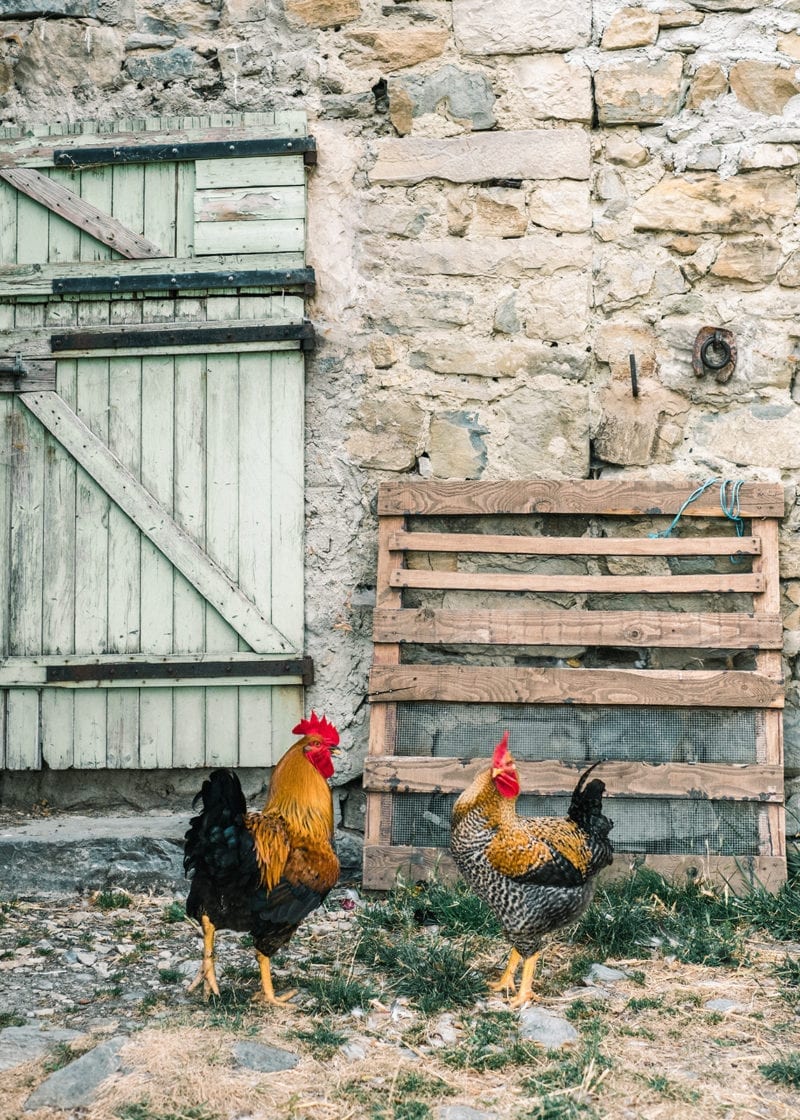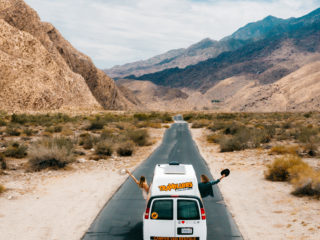For most Americans, the nation of Morocco conjures up plenty of exotic images—camels sauntering through sand dunes, heaps of colorful spices and labyrinth-like cities stacked along the Atlantic coast.
In reality, those images hold true. Morocco is a vibrant, beautiful country that has preserved cultural traditions practiced for hundreds of years. With a mix of Arab, Indigenous and European influences, it’s truly a unique place worth visiting (or at the very least, perusing online).
Morocco is also so much more than an Instagram-worthy tourist destination. In my three years of living there as an English teacher, what impacted me the most in Morocco were the people–the friends, neighbors, local shopkeepers and colleagues who welcomed me into their country with extraordinary warmth and kindness.
What impacted me the most in Morocco were the people–the friends, neighbors, local shopkeepers and colleagues who welcomed me into their country with extraordinary warmth and kindness.
In Morocco, I learned to identify—and lay aside—some of my own deeply-ingrained attitudes and beliefs about time, generosity, hospitality and even food and clothing. In turn, I picked up a more “Moroccan” approach to not only my daily habits but to my relationships, time management and my ability to “go with the flow.”
Here are four lessons I learned in the process:
Hospitality means open doors and open hands.
Moroccans are famously hospitable. Anyone who has ever visited Morocco and had even a brief conversation with a shopkeeper may have had the extraordinary experience of then being invited to lunch at this total stranger’s home. If they’re bold enough to accept the offer, then they would then find themselves being fed a gorgeous feast of truly epic proportions: a mountain of couscous, multiple small plates of mixed salads, tiny glasses of hot mint tea and a platter of fruit.
Moroccans are more than happy to open their homes to total strangers—whether that means feeding them, housing them and even clothing them. Why? Because for them, it’s a joy and an honor to share their time, space and resources, even with a stranger.
It’s a joy and an honor to share their time, space and resources, even with a stranger.
What we can learn as Americans: Opening our doors to those outside of our closest friend or family circles can be a gift. While we might not have the time or skills to prepare a feast for our guests, we can offer what we have—even if that’s just a plate of cheese and crackers and a cup of coffee.
Relationships are more important than time.
Moroccans take this approach to personal time management. Stick to the schedule until a friend, family member, neighbor or stranger comes along and wants to chat or needs help.
While this might not always be the best way to efficiently finish your errands or meet deadlines, it does demonstrate this principle: relationships and people really, really matter.
Relationships and people really, really matter.
For Americans who are driven by strict schedules or mental ro-do lists, this can be the most challenging and frustrating lesson to learn in a country such as Morocco. A culture that prioritizes relationships over time means lots of delays and waiting.
However, in turn, it means that people are generous with their lives and their time. They prioritize the person in front of them. They are nearly always ready to connect or have a conversation.
What we can learn as Americans: While we might not be ready to fully sacrifice our to-do lists (I know I’m not), we can learn to become more generous, patient and trusting with our personal schedules in order to love and serve others better.
We can learn to become more generous, patient and trusting with our personal schedules in order to love and serve others better.
Take the time to savor your food.
What’s the best part about Morocco? Hands down, the food. That’s what any Moroccan will tell you or anyone who has ever feasted on a rich mountain of saffron-colored couscous in this country.
Moroccans have a cuisine unto themselves: savory meats, crusty rounds of bread and sweet-and-spicy dishes flavored with cinnamon, cumin and ginger.
Moroccans take time to make and eat their food, and they never enjoy it without friends or family members. They don’t eat when they’re not hungry, and they don’t eat a lot of “to go” food or snack food. Food is a daily ritual and a moment to pause and celebrate.
Food is a daily ritual and a moment to pause and celebrate.
What we can learn as Americans: Eating doesn’t have to be a rushed process or a reason to feel guilty. When we eat when we’re actually hungry and treat it as a ritual, we’re more likely to savor and enjoy the moment (and the food).
When it comes to clothes, less is more.
Finally, an unexpected lesson I learned in Morocco was on the subject of clothing. While I’m not ready to don a djellaba (traditional robe) anytime soon, I loved how polished Moroccan women looked even with highly limited closets.
My best friend in Morocco always looked incredibly chic and put-together in simple black slacks and a headscarf, and I knew that she only owned a few items of clothing. Moroccans have a wonderful aesthetic, and they know how to assemble pieces for maximum impact—whether that’s with their clothing choices, in their homes or on their tables.
What we can learn as Americans: We don’t need full closets to look put-together. Let’s take a cue from our Moroccan sisters and learn how to wear what we actually own well.
In any sort of cultural exchange, we always have plenty to learn. During my time in Morocco, I learned from my Moroccan friends and they learned from me. Different cultures bring different things to the table—beautiful, diverse and needed.
What is one thing you have learned from a different culture? What is the value in cultural exchange?
Image via Raisa Zwart Photography










